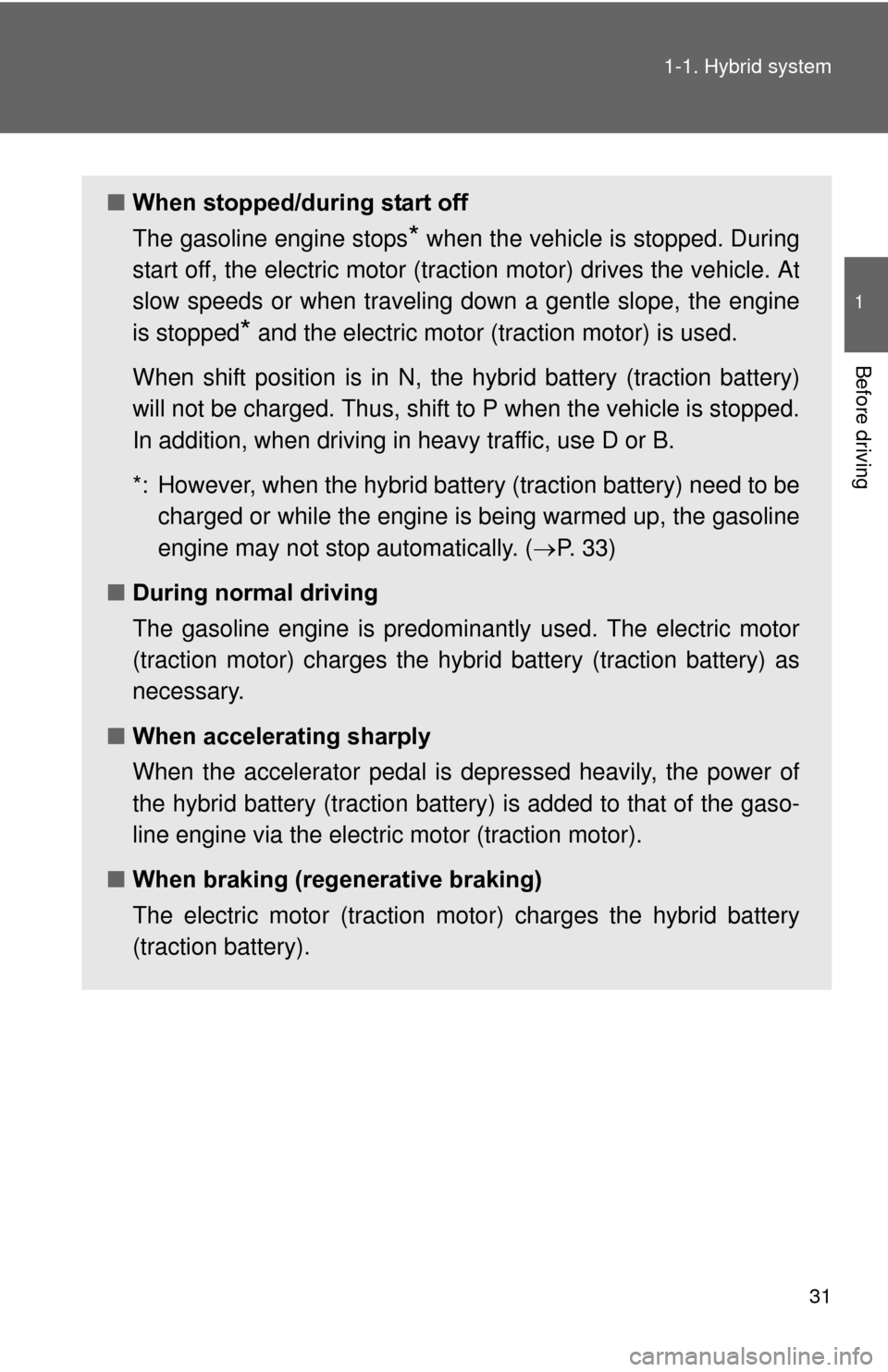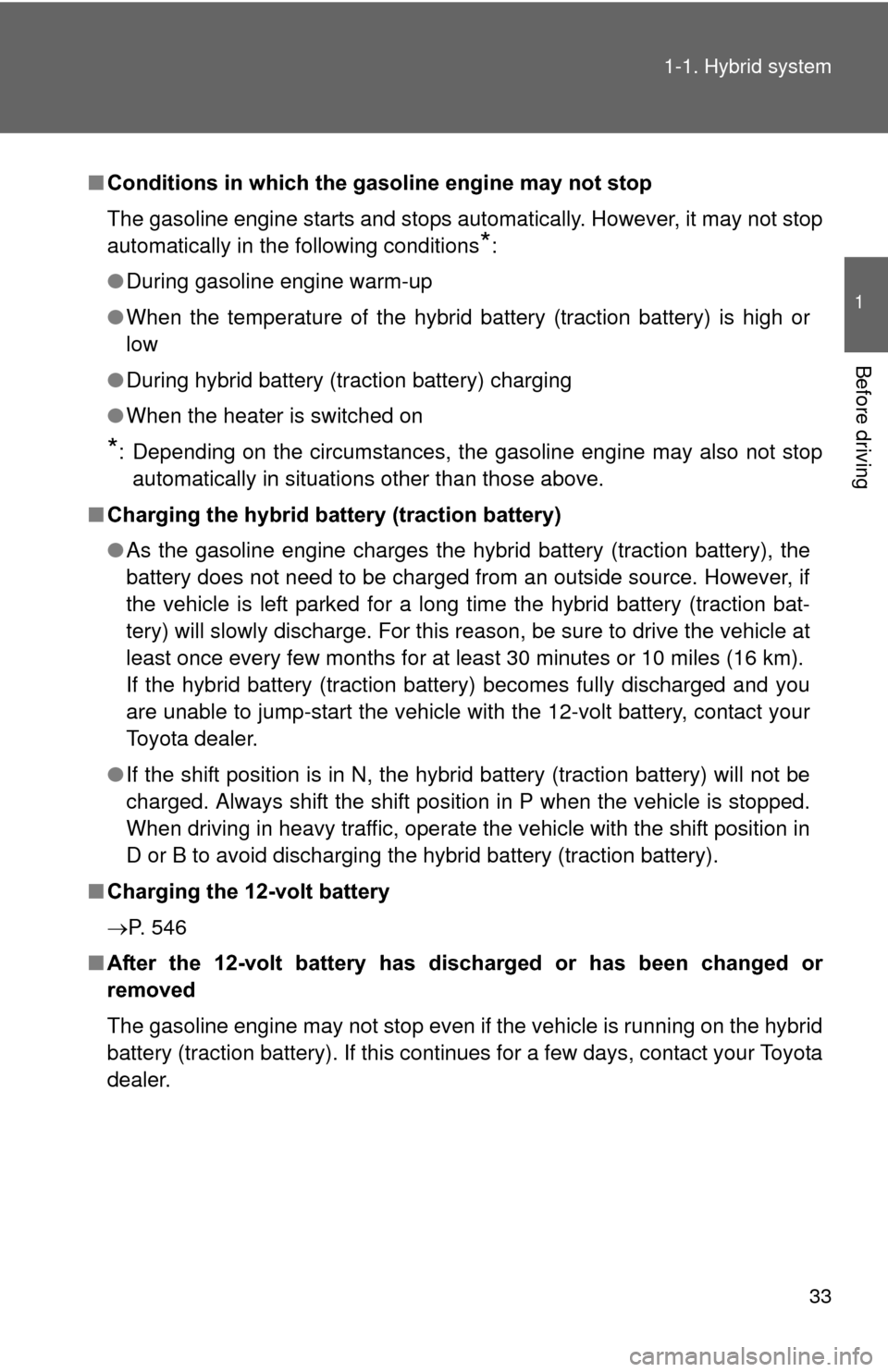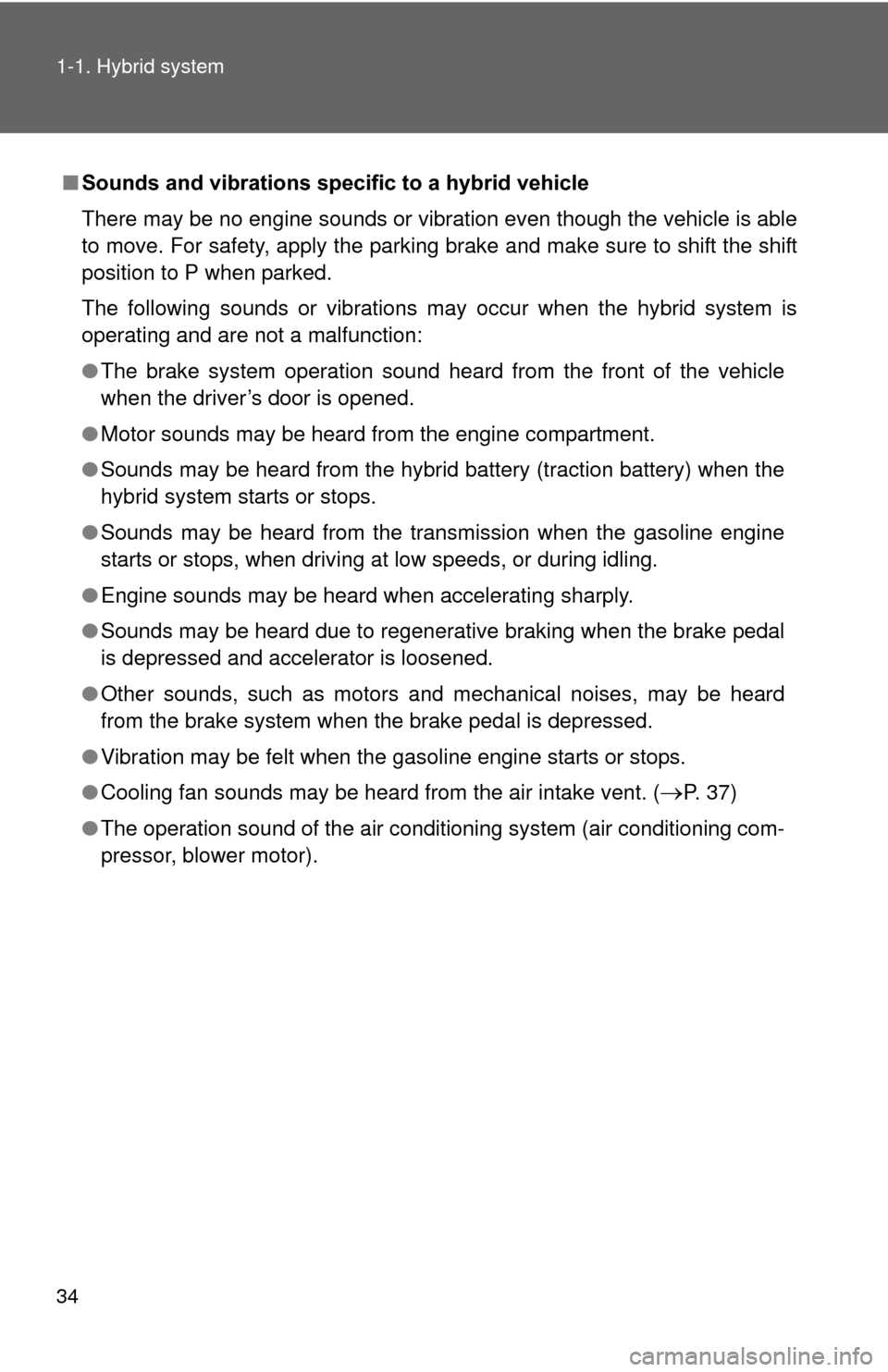Page 5 of 636

1
2
3
4
5
6
7
5
4-1. Maintenance and careCleaning and protecting the vehicle exterior............ 396
Cleaning and protecting the vehicle interior............. 399
4-2. Maintenance Maintenance requirements ..................... 402
General maintenance.......... 405
Emission inspection and maintenance (I/M)
programs........................... 409
4-3. Do-it-yourself maintenance Do-it-yourself service precautions ....................... 410
Hood ................................... 413
Positioning a floor jack ........ 416
Engine compartment ........... 419
12-volt battery ..................... 431
Tires .................................... 437
Tire inflation pressure ......... 447
Wheels ................................ 451
Electronic key battery.......... 454
Checking and replacing fuses ................................. 456
Light bulbs........................... 467 5-1. Essential information
Emergency flashers............ 484
If your vehicle needs to be towed........................... 485
If you think something is wrong ............................ 492
5-2. Steps to take in an emergency If a warning light turns on or a warning buzzer
sounds.............................. 493
If a warning message is displayed ...................... 507
If you have a flat tire ........... 523
If the hybrid system will not start ............................ 538
If you lose your keys........... 540
If the electronic key does not operate properly ......... 541
If the 12-volt battery is discharged........................ 543
If your vehicle overheats .... 549
If the vehicle becomes stuck ................................. 554
If your vehicle has to be stopped in an
emergency ....................... 556
4Maintenance and care5When trouble arises
Page 24 of 636

24
Vehicle control and operation data recording
Your Toyota is equipped with sophisticated computers that record certain
information about your vehicle’s operation, such as:
• Engine speed
• Electric motor speed (traction motor speed)
• Accelerator status
• Brake status
• Vehicle speed
• Shift position
The data recorded varies according to the grade level and options the vehi-
cle is equipped with. The computers do not record conversations, sound or
pictures.
●Data usage
Toyota may use the data recorded in these computers to diagnose malfunc-
tions, conduct research and development, and improve quality.
Toyota will not disclose the recorded data to a third party except:
• With the consent of the vehicle owner or with the consent of the lessee if the vehicle is leased
• In response to an official request by the police, a court of law or a govern- ment agency
• For research purposes where the data is not tied to a specific vehicle or vehicle owner
● Usage of data collected through Safety Connect (U.S. mainland only)
If your Toyota has Safety Connect and if you have subscribed to those ser-
vices, please refer to the Safety Connect Telematics Subscription Service
Agreement for information on data collected and its usage.
Page 30 of 636
30
1-1. Hybrid system
Hybrid system features
Your vehicle is a hybrid vehicle. It has characteristics different from
conventional vehicles. Be sure you are closely familiar with the char-
acteristics of your vehicle, and operate with care.
The hybrid system combines the use of a gasoline engine and an
electric motor (traction motor) according to driving conditions,
improving fuel efficiency and reducing exhaust emissions.
Gasoline engine
Electric motor (traction motor)
Page 31 of 636

31
1-1. Hybrid system
1
Before driving
■
When stopped/during start off
The gasoline engine stops
* when the vehicle is stopped. During
start off, the electric motor (tra ction motor) drives the vehicle. At
slow speeds or when traveling down a gentle slope, the engine
is stopped
* and the electric motor (traction motor) is used.
When shift position is in N, the hybrid battery (traction battery)
will not be charged. Thus, shift to P when the vehicle is stopped.
In addition, when driving in heavy traffic, use D or B.
*: However, when the hybrid battery (traction battery) need to be charged or while the engine is being warmed up, the gasoline
engine may not stop automatically. ( P. 33)
■ During normal driving
The gasoline engine is predominantly used. The electric motor
(traction motor) charges the hybr id battery (traction battery) as
necessary.
■ When accelerating sharply
When the accelerator pedal is depressed heavily, the power of
the hybrid battery (traction battery ) is added to that of the gaso-
line engine via the electric motor (traction motor).
■ When braking (regenerative braking)
The electric motor (traction mo tor) charges the hybrid battery
(traction battery).
Page 32 of 636
32 1-1. Hybrid system
Vehicle proximity notification system
When driving with the gasoline engine stopped, a sound, which
changes in accordance with the dr iving speed, will be played in order
to warn people nearby of the vehicle’s approach. The sound will stop
when the vehicle speed exceeds a pproximately 15 mph (25 km/h).
■Regenerative braking
In the following situations, kinetic energy is converted to electric energy and
deceleration force can be obtained in conjunction with the recharging of the
hybrid battery (traction battery).
●The accelerator pedal is released while driving with the shift position in D
or B.
● The brake pedal is depressed while driving with the shift position in D or
B.
■ Hybrid System Indicator
Hybrid System Indicator represents the
hybrid system power output and regener-
ative charging. (
P. 225)
Page 33 of 636

33
1-1. Hybrid system
1
Before driving
■
Conditions in which the gasoline engine may not stop
The gasoline engine starts and stops automatically. However, it may not stop
automatically in the following conditions
*:
● During gasoline engine warm-up
● When the temperature of the hybrid battery (traction battery) is high or
low
● During hybrid battery (traction battery) charging
● When the heater is switched on
*: Depending on the circumstances, the gasoline engine may also not stop
automatically in situations other than those above.
■ Charging the hybrid battery (traction battery)
●As the gasoline engine charges the hybrid battery (traction battery), the
battery does not need to be charged from an outside source. However, if
the vehicle is left parked for a long time the hybrid battery (traction bat-
tery) will slowly discharge. For this reason, be sure to drive the vehicle at
least once every few months for at least 30 minutes or 10 miles (16 km).
If the hybrid battery (traction battery) becomes fully discharged and you
are unable to jump-start the vehicle with the 12-volt battery, contact your
Toyota dealer.
● If the shift position is in N, the hybrid battery (traction battery) will not be
charged. Always shift the shift position in P when the vehicle is stopped.
When driving in heavy traffic, operate the vehicle with the shift position in
D or B to avoid discharging the hybrid battery (traction battery).
■ Charging the 12-volt battery
P. 546
■ After the 12-volt battery has di scharged or has been changed or
removed
The gasoline engine may not stop even if the vehicle is running on the hybrid
battery (traction battery). If this continues for a few days, contact your Toyota
dealer.
Page 34 of 636

34 1-1. Hybrid system
■Sounds and vibrations specific to a hybrid vehicle
There may be no engine sounds or vibration even though the vehicle is able
to move. For safety, apply the parking brake and make sure to shift the shift
position to P when parked.
The following sounds or vibrations may occur when the hybrid system is
operating and are not a malfunction:
●The brake system operation sound heard from the front of the vehicle
when the driver’s door is opened.
● Motor sounds may be heard from the engine compartment.
● Sounds may be heard from the hybrid battery (traction battery) when the
hybrid system starts or stops.
● Sounds may be heard from the transmission when the gasoline engine
starts or stops, when driving at low speeds, or during idling.
● Engine sounds may be heard when accelerating sharply.
● Sounds may be heard due to regenerative braking when the brake pedal
is depressed and accelerator is loosened.
● Other sounds, such as motors and mechanical noises, may be heard
from the brake system when the brake pedal is depressed.
● Vibration may be felt when the gasoline engine starts or stops.
● Cooling fan sounds may be heard from the air intake vent. (
P. 37)
● The operation sound of the air conditioning system (air conditioning com-
pressor, blower motor).
Page 43 of 636
43
1-1. Hybrid system
1
Before driving
ConditionDisplay
When the vehicle is powered by
the electric motor (traction
motor)
When the vehicle is powered by
both the gasoline engine and the
electric motor (traction motor)
When the vehicle is powered by
the gasoline engine